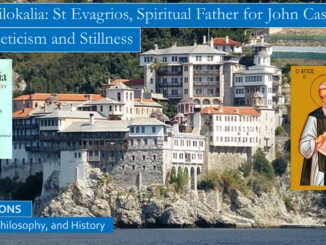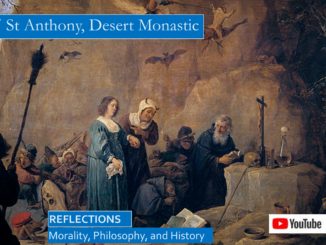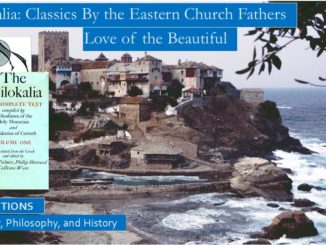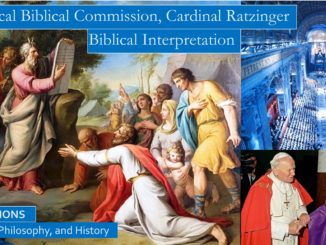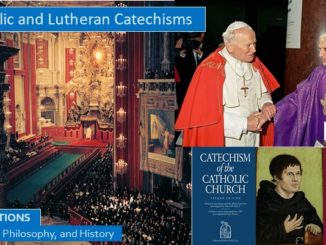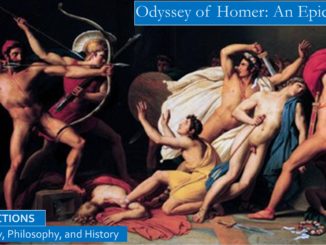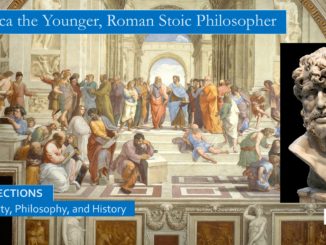
Seneca, Moral Epistles, Blog 3, Loving Philosophy, Loving God, Loving our Neighbor
If Seneca would be writing today, perhaps he would title this essay, Encouragements to the Budding Blogger. It is good to read the works of wise men, Seneca says, but men long dead cannot think for you, you need to think for yourself, reading the classics for inspiration, not duplication. Seneca advises us, “Take command, and utter some word prosperity will remember.” Why only memorize maxims from dusty tomes? Make some maxims yourself. It is one thing to remember maxims, quite another to know the true meaning of the maxims. […]

